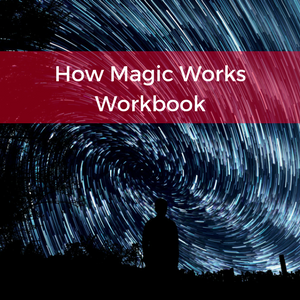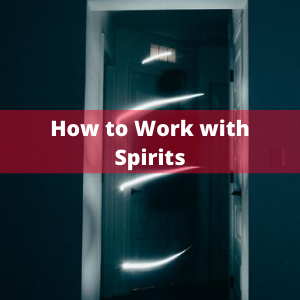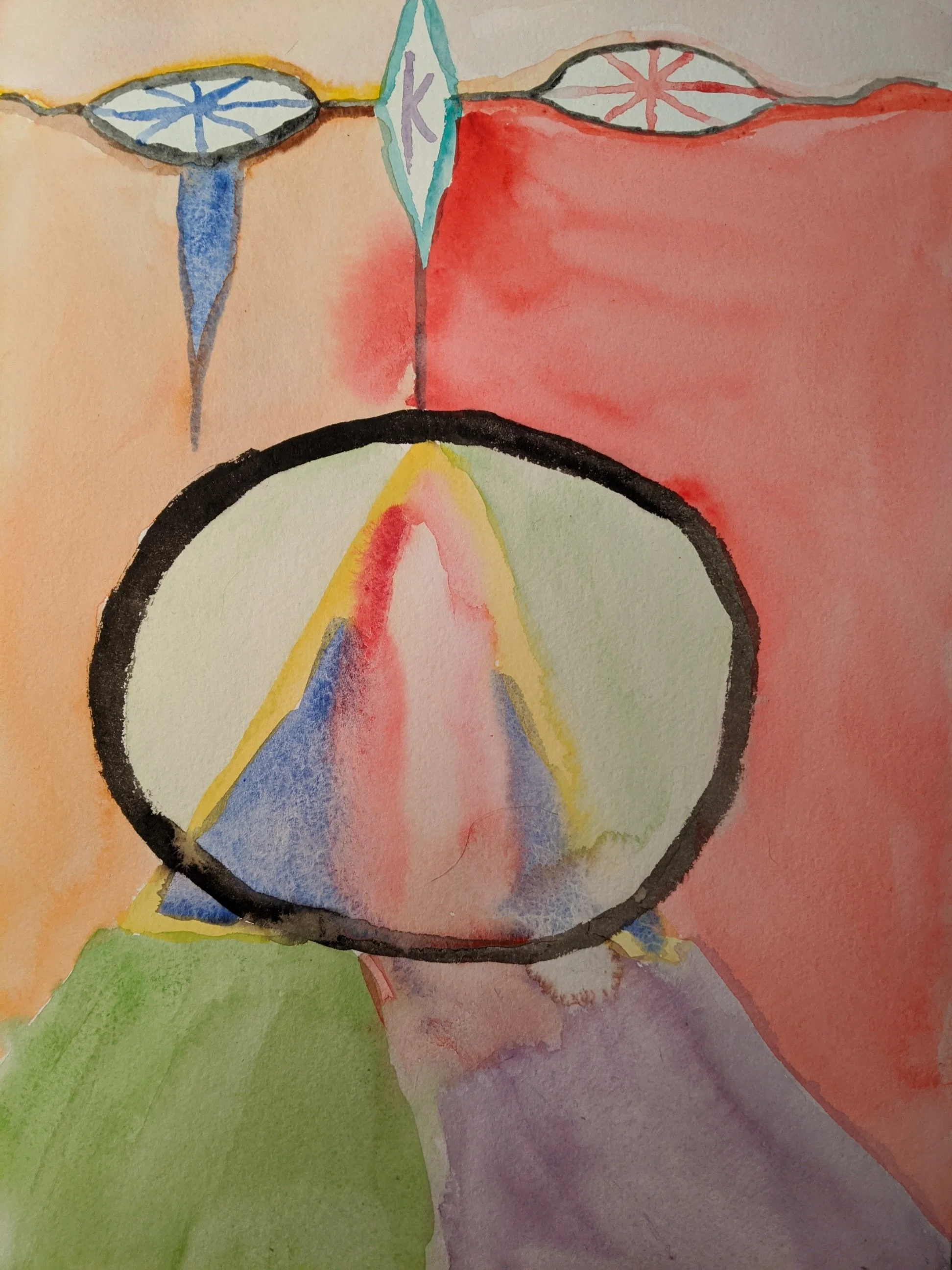picture copyright Taylor Ellwood 2024
Lately I’ve been finding myself fascinating by sigils and symbols again. Whether you’re conjuring a spirit with a sigil or creating a custom sigil for the purposes of manifesting a desire into reality, what makes sigils so versatile is how they can symbolically represent and mediate specific transmissions of information. Yet what’s underneath the sigil?
What’s underneath is something the sigil can’t quite describe or represent. The sigil presents a face to the world that allows us to make sense of the intangible and give it a form we can relate to. It allows us to pack ideas and concepts into the shape and recall them and it allows us to send them out into the world, to create a path of manifestation that turns essence into form and imagination into reality.
Yet a sigil is more even than that. It is a structure that creates a container to describe the essence that is being worked with, whether that’s a spirit’s essence or the essence of a desired result. The sigil becomes a key to unlock that essence and also learn the essence and make it part of your being. The symbol internalizes the essence within you and it becomes manifest through you.
The reason sigils work so well is become of how they work through us. The sigils embed themselves in our consciousness which in turn is acted upon through our actions. It’s a chain of manifestation that acts on the path of least resistance. The sigils, as symbols, are accepted more readily by our consciousness and seed the mind with possibility which then becomes reality, by the convergence of the outer variables of the world and the inner actions of the person.
The sigil is a story as well. We can get to the heart of the story by meditating on the sigil. If the sigil is for the spirit then it becomes path to the spirit that allows the practitioner to interface with the story. If the sigil is for a possibility it speaks to all the variables of the possibility. What’s underneath the squiggle? A universe waiting to be explored.















